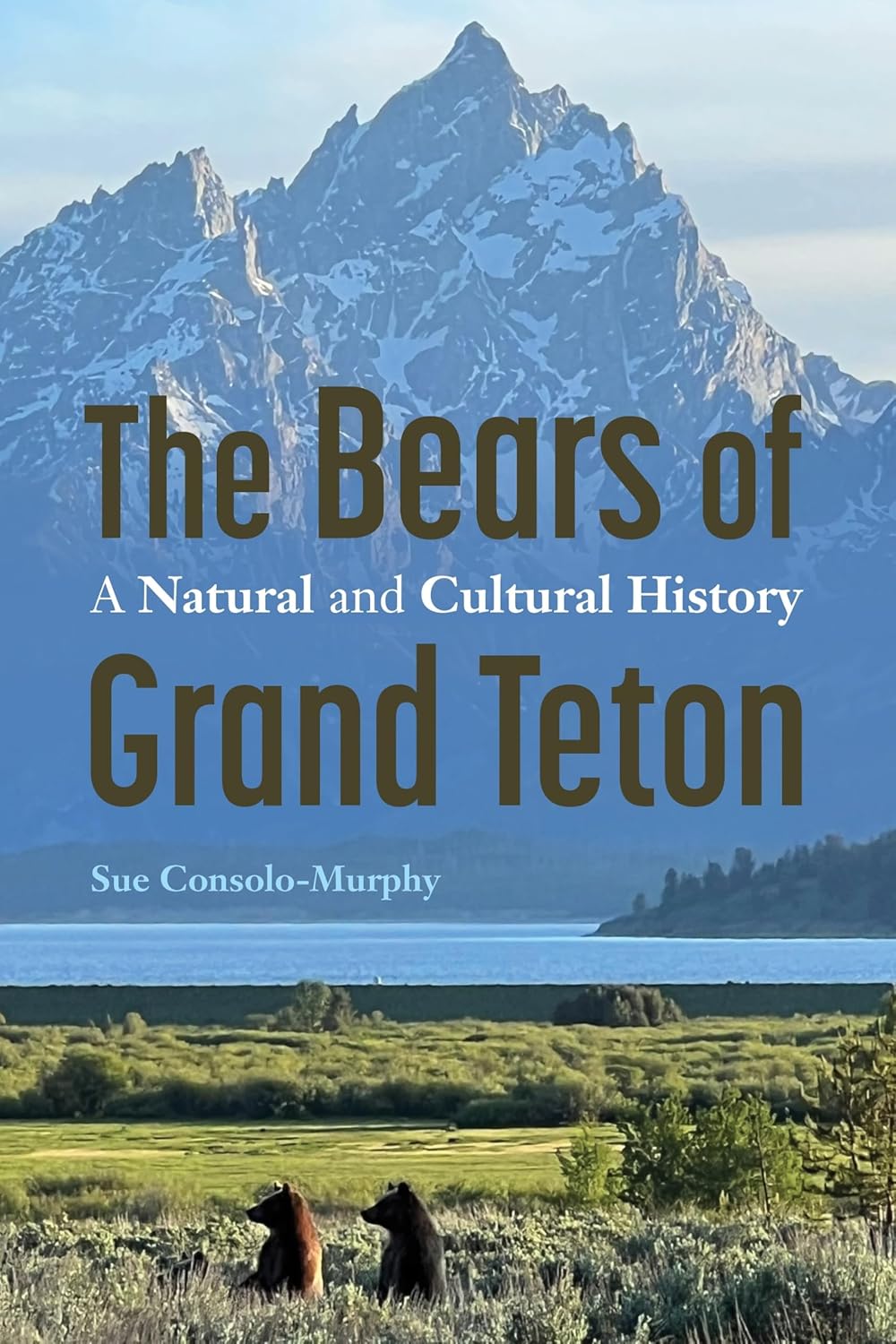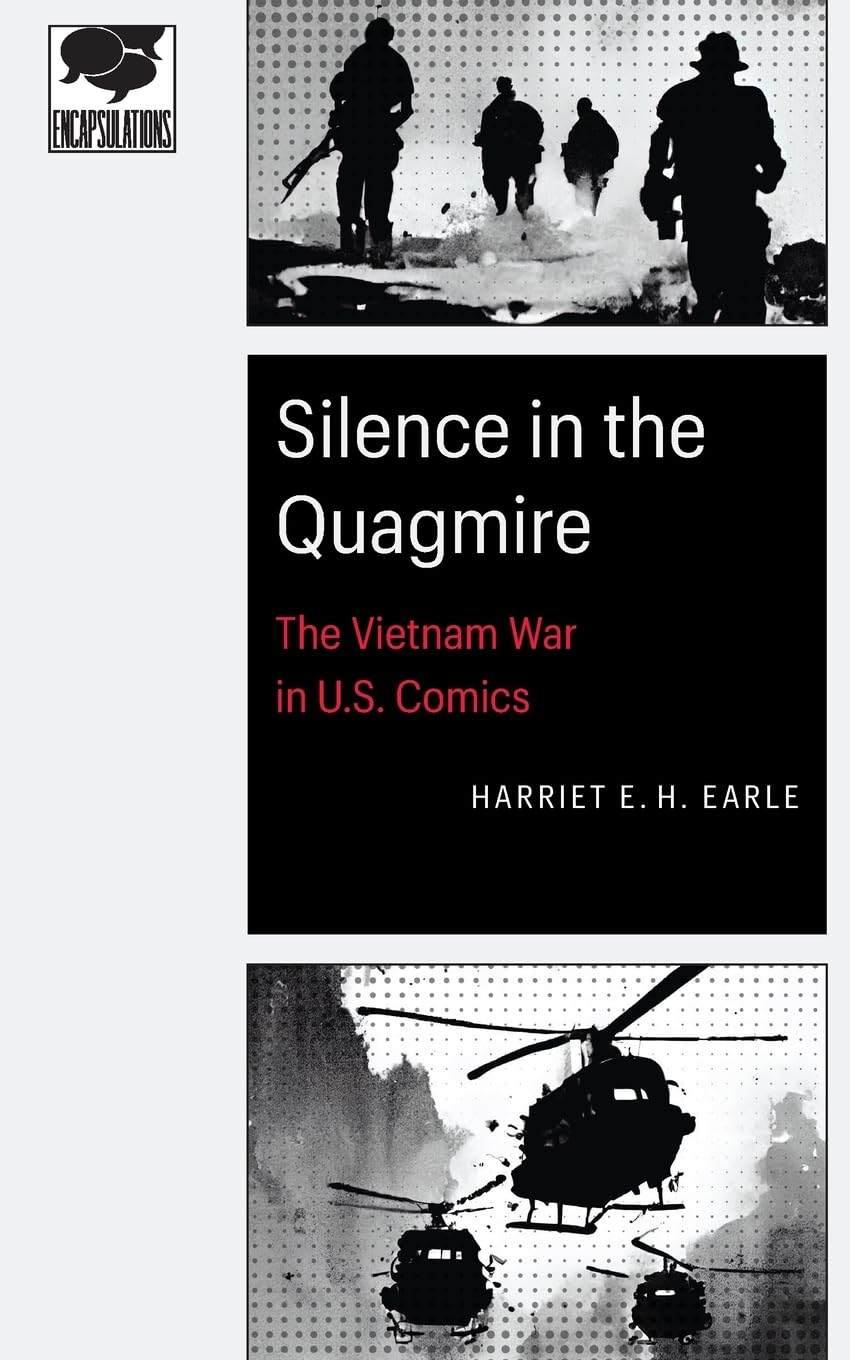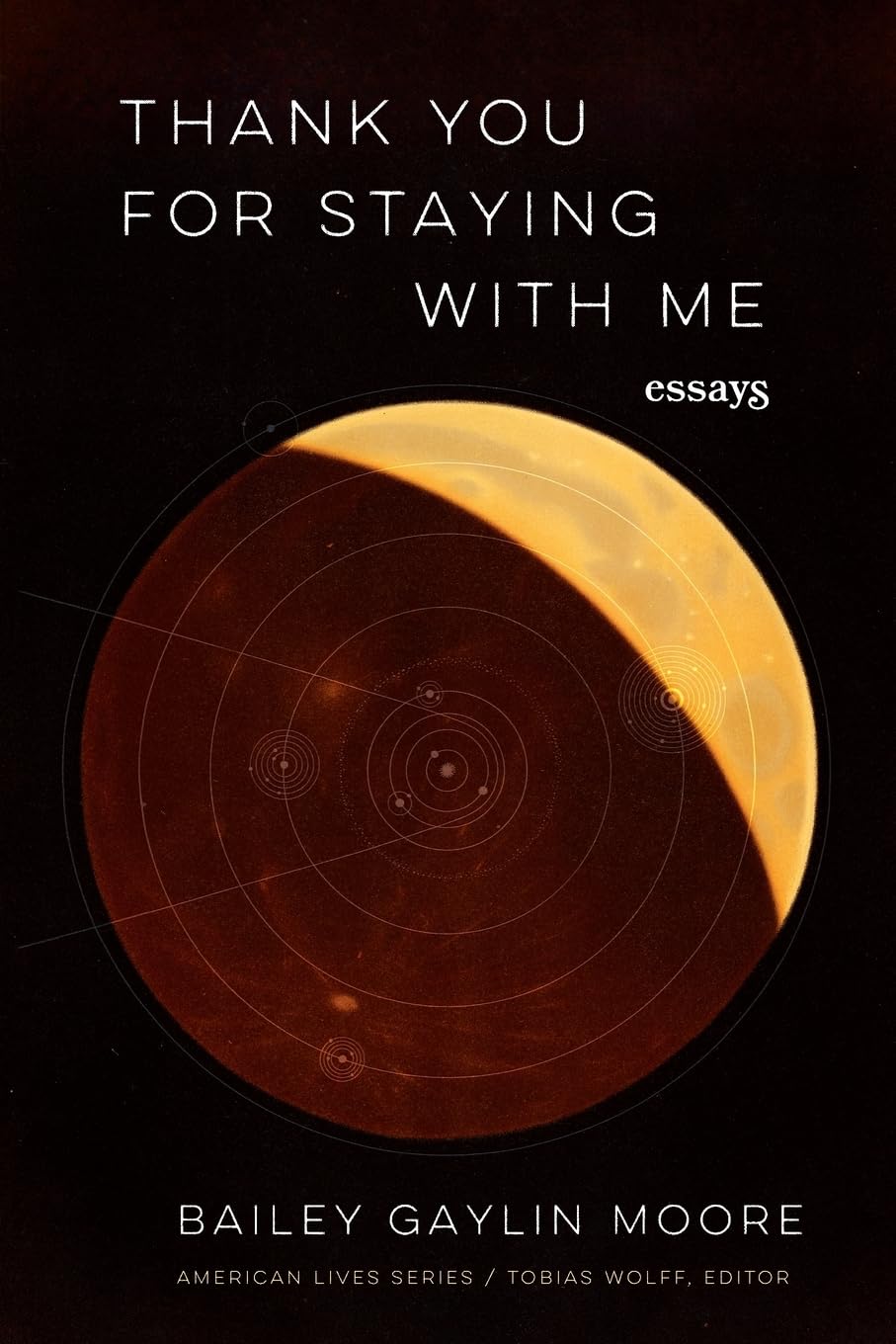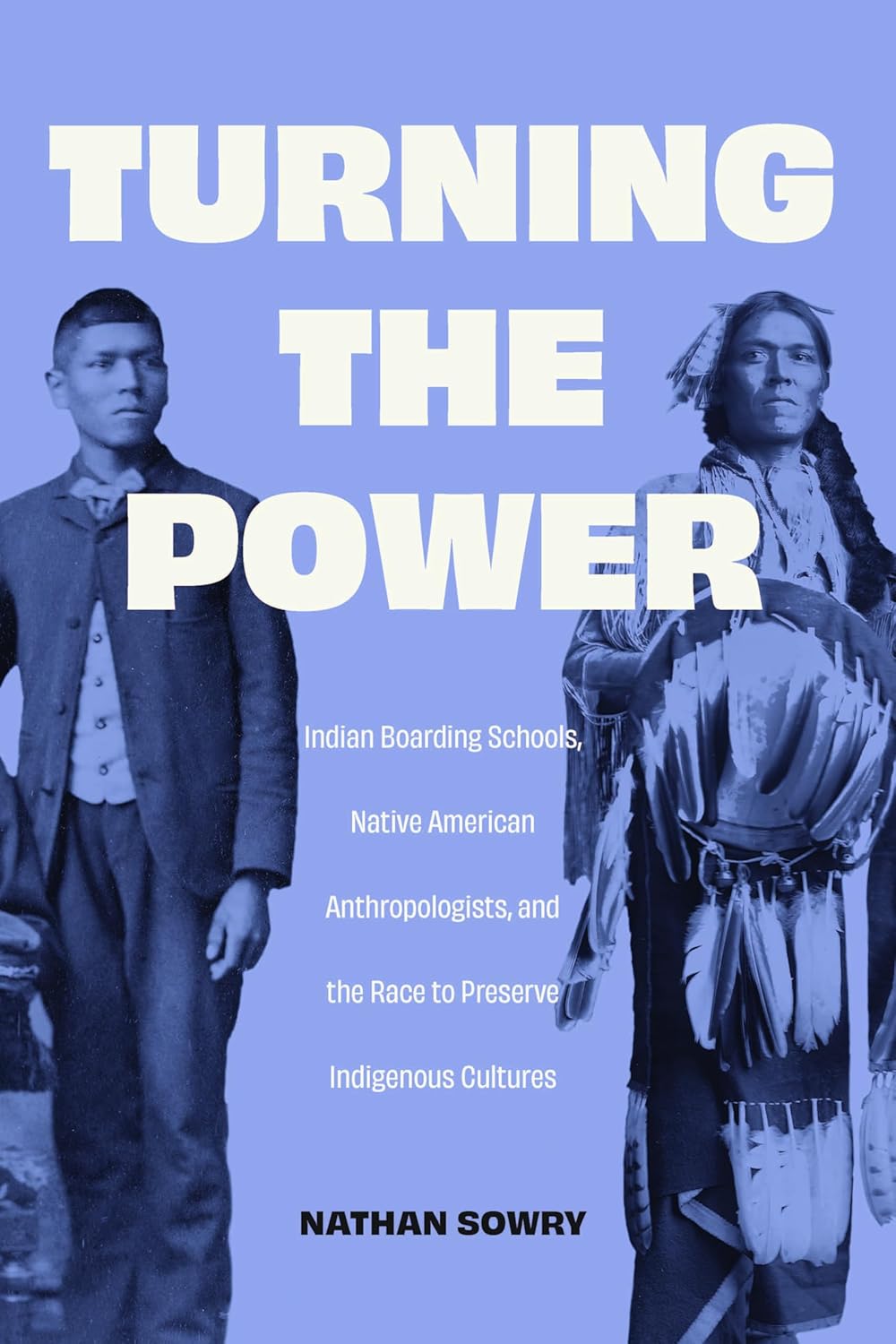The Nebraska Publications Clearinghouse receives documents every month from all Nebraska state agencies, including the University of Nebraska Press (UNP). UNP books, as well as all Nebraska state documents, are available for checkout by libraries and librarians for their patrons.
Here are the UNP books the Clearinghouse received in March and April, 2025:
The Bears of Grand Teton: a Natural and Cultural History, by Sue Consolo-Murphy. Series: America’s Public Lands
The Bears of Grand Teton is the first comprehensive history of bears, black and grizzly, and their interactions with people in Grand Teton National Park and the surrounding area of Jackson Hole, Wyoming. It is also a personal account by Sue Consolo-Murphy, who spent thirty years as a wildlife manager for the National Park Service.
Consolo-Murphy focuses on the natural, cultural, and administrative histories of bears in and around Grand Teton National Park and the nearby John D. Rockefeller Jr. Memorial Parkway, paying particular attention to bears’ interactions with livestock. Entertaining and educational, The Bears of Grand Teton also explores the phenomenon of social media celebrity bears—such as Grizzly 399, the world’s most famous bear—and the challenges of listing and removing grizzly bears from Endangered Species Act protection.
A Grammar of Nakoda (Assiniboine), by Linda A. Cumberland. Series: Studies in the Native Languages of the Americas
A Grammar of Nakoda (Assiniboine) is the first complete grammar of the Native American language Assiniboine, also known by the endonym Nakoda, a member of the Siouan language family. It addresses all major grammatical categories, including phonology, nouns, verbs, adverbs, enclitics, determiners, syntax, and kinship terminology. It also includes groundbreaking analysis of motion verbs of coming and going, demonstrating that such verbs compose a closed system that is consistent in varying degrees across all Siouan languages.
Over the past century and a half, the classification of the Assiniboine language has suffered due to a complicated history regarding the Dakotan branch of the Siouan language family. Once spoken over a vast contiguous area of the northern plains, Assiniboine/Nakoda is used today among the Assiniboine people in and around Fort Belknap and Fort Peck in Montana and in five reserves in Saskatchewan. A Grammar of Nakoda (Assiniboine) establishes the singular basis of the language while also relating its unique features to other Great Plains American Indian languages.
Locomotive Cathedral, by Brandel France de Bravo. Series: The Backwaters Prize in Poetry Honorable Mention
With wit and vulnerability, Brandel France de Bravo explores resilience in the face of climate change and a global pandemic, race, and the concept of a self, all while celebrating the power of breath as “baptism on repeat.” Whether her inspiration is twelfth-century Buddhist mind-training slogans or the one-footed crow who visits her daily, France de Bravo mines the tension between the human desire for permanence and control, and life’s fluid, ungraspable nature. Poem by poem, essay by essay, she builds a temple to the perpetual motion of transformation, the wondrous churn of change and exchange that defines companionship, marriage, and ceding our place on Earth: “not dying, but molting.”
Memories of Buffalo Bill, by Louisa Frederici Cody. Series: The Papers of William F. “Buffalo Bill” Cody
Written with the help of Courtney Ryley Cooper, Memories of Buffalo Bill offers an idealized account of William F. Cody’s life from the perspective of his wife, Louisa. True to its origins, this account offers many more details about Cody’s domestic life, including his children, than any other preceding work. Although William and Louisa’s real-life marriage was marred by some high-profile scandals, it endured until her husband’s death in 1917.
Memories of Buffalo Bill, the first biography of William F. Cody to appear after his death, strikes a celebratory tone in narrating highlights of his life and enterprises. Through its introduction, notes, and appendixes, this edition offers a broader context for the Codys’ marriage, evidencing its private realities and the collaboration required to preserve the Buffalo Bill image in the public eye. Out of print since its first publication, Louisa Cody’s memoir highlights the processes involved in crafting and preserving a national myth. Both for what it does and does not say, it was the first step in laying a foundation for the enduring legacy of Buffalo Bill as an American icon.
Nebraska Government and Politics, edited by Robert Blair, Christian L. Janousek, and Jerome Deichert. Series: Politics and Governments of the American States
Nebraska Government and Politics offers an in-depth examination of the connection between the political culture, traditions, and heritage of Nebraska and its governmental institutions. This new edition discusses federalism, constitutionalism, and the continuing American frontier, paying special attention to the effects and frameworks of Nebraska’s political culture. The contributors emphasize enduring trends and issues through Nebraska’s history as they examine the cultural foundations of the state’s political institutions, the major governmental structures in the state, and the political and administrative relationships at play. The chapters cover periodic populism, the state constitution, nonpartisanship and direct democracy, budgeting and financial policies, the unicameral, the executive branch, local government, political culture, and capital punishment.
Robert Blair, Christian L. Janousek, and Jerome Deichert provide a long view of Nebraska, a state whose unique political culture is reflected in its institutions.
Old Rags and Iron: New and Selected Poems, by R.F. McEwen. Series: Ted Kooser Contemporary Poetry
Old Rags and Iron is a collection of narrative poems about the life experiences of working-class people with whom the author, R. F. McEwen, is not only acquainted but whose lives he has shared. McEwen supplemented his income as a teacher while working as a professional logger and tree trimmer, and he writes with great love and respect for blue-collar families.
Set primarily in the back-of-the-yard neighborhood of South Side Chicago, where McEwen grew up, as well as Pine Ridge, South Dakota, western Nebraska, Ireland, and elsewhere, the poems celebrate many voices and stories. Utilizing tree-trimming as a central metaphor, these poems of blank verse fictions reverberate like truth.
Silence in the Quagmire: The Vietnam War in U.S. Comics, by Harriet E.H.Earle. Series: Encapsulations: Critical Comics Studies
Old Rags and Iron is a collection of narrative poems about the life experiences of working-class people with whom the author, R. F. McEwen, is not only acquainted but whose lives he has shared. McEwen supplemented his income as a teacher while working as a professional logger and tree trimmer, and he writes with great love and respect for blue-collar families.
Set primarily in the back-of-the-yard neighborhood of South Side Chicago, where McEwen grew up, as well as Pine Ridge, South Dakota, western Nebraska, Ireland, and elsewhere, the poems celebrate many voices and stories. Utilizing tree-trimming as a central metaphor, these poems of blank verse fictions reverberate like truth.
Tell Me About Your Bad Guys: Fathering In Anxious Times, by Michael Dowdy. Series: American Lives
Michael Dowdy perceives the world as a poet, one with an anxiety disorder. As a result he has rarely experienced fathering or his relationship with his daughter, A, as a linear narrative. Rather, his impressions of fathering coalesce in encounters with the conditions of our time, producing intense flashes of awareness and emotion. Critiquing his own fathering practices, Dowdy’s essays move between simplicity—being present for his daughter—and complexity—considering the harrowing present of entrenched misogyny, school shootings, climate change, and other threats to childing and fathering with love, optimism, and joy.
The essays in Tell Me about Your Bad Guys do not provide easy answers. They follow instead an interrogative mode, guided by A’s unruly questions and Dowdy’s desire to avoid fatherhood literature’s traps: false modesty, antic ineptitude, and defensive clowning. This means understanding fathering not as an ironclad identity or a cohesive story but as a process of trial and error, self-reflection, and radical openness. With measures of dark humor, the essays take seriously the literary, material, and political stakes of fathering and in doing so challenge patriarchal norms and one-dimensional accounts of fatherhood.
Thank You for Staying with Me: Essays, by Bailey Gaylin Moore. Series: American Lives
Urgent, meditative, and searching, Thank You for Staying with Me is a collection of essays that navigates the complexities of home, the vulnerability of being a woman, mother-daughter relationships, and young motherhood in the conservative and religious landscape of the Ozarks. Using cosmology as a foil to discuss human issues, Bailey Gaylin Moore describes praying to the sky during moments of despondency, observing a solar eclipse while reflecting on what it means to be in the penumbra of society, and using galaxy identification to understand herself. During a collision of women’s rights, gun policy, and racial tension, Thank You for Staying with Me is a frank and intimate rumination on how national policy and social attitudes affect both the individual and the public sphere, especially in such a conservative part of the United States.
Turning the Power: Indian Boarding Schools, Native American Anthropologists, and the Race to Preserve Indigenous Cultures, by Nathan Sowry. Series: Critical Studies in the History of Anthropology
In Turning the Power Nathan Sowry examines how some Native American students from the boarding school system, with its forced assimilationist education, became key cultural informants for anthropologists conducting fieldwork during the late nineteenth and early twentieth centuries. Salvage anthropologists of this era relied on Native informants to accomplish their mission of “saving” Native American cultures and ultimately turned many informants into anthropologists after years of fieldwork experience.
Sowry investigates ten relatively unknown Native American anthropologists and collaborators who, from 1878 to 1930, attended a religiously affiliated mission school, a federal Indian boarding school, or both. He tells the stories of Native anthropologists Tichkematse, William Jones, and James R. Murie, who were alumni of the Hampton Institute in Virginia. Richard Davis and Cleaver Warden were among the first and second classes to attend the Carlisle Indian Industrial School in Pennsylvania. Amos Oneroad graduated from the Haskell Indian Industrial Training School in Lawrence, Kansas, after attending mission and boarding schools in South Dakota. D. C. Duvall, John V. Satterlee, and Florence and Louis Shotridge attended smaller boarding and mission schools in Montana, Wisconsin, and Alaska Territory, respectively.
Turning the Power follows the forced indoctrination of Native American students and then details how each of them “turned the power,” using their English knowledge and work experience in the anthropological field to embrace, document, and preserve their Native cultures rather than abandoning their heritage.
**Pictures and Synopses courtesy of University of Nebraska Press.












